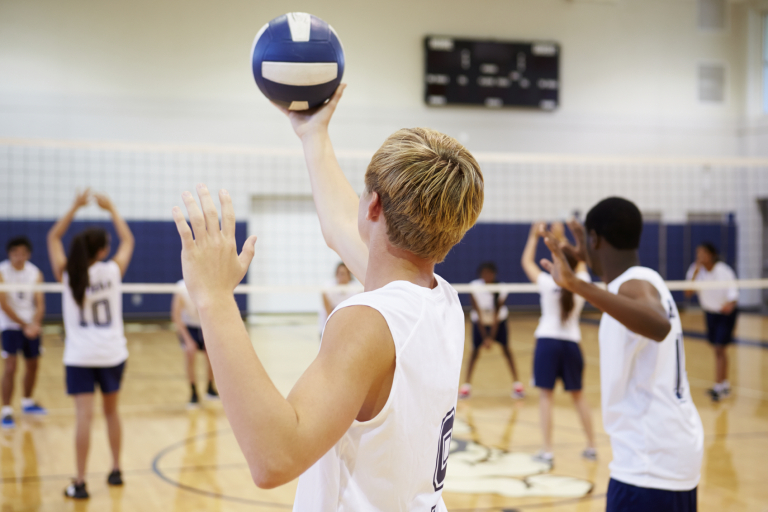Could your hands predict your sporting success?

Image: monkeybusinessimages/Istock.com via AFP Relaxnews
New research has revealed an unusual way of predicting sporting success: finding that the length of the ring finger of teenage boys could indicate their prowess at sports. The study is the first to attempt to measure this relationship.
Carried out by the University of South Australia’s Dr. Grant Tomkinson and his son, 11-year old student Jordan Tomkinson, the research looked at the digit ratio (the difference in length between the index finger and ring finger) of 57 adolescent boys.
“The ring finger in males is typically longer than the index finger, whereas the fingers are about the same length in females,” explained Dr. Tomkinson, adding that there is some evidence to suggest that the digit ratio is influence by the levels of testosterone present during the early development of the fetus. “The more testosterone the fetus produces, the longer the ring finger, so the smaller the digit ratio.”
The father-son team set out to look at whether the digit ratio could possibly be linked to muscular strength, which in turn could be linked to sports performance.
The pair recorded the age, digit ratio, body mass and right handgrip strength of the participants, who were all aged 13 to 18 and attending Jordan’s school, the Sacred Heart School in East Forks, Minnesota, in the United States.
They found that adolescent boys with lower digit ratios did indeed show a better handgrip strength, irrespective of their age or body size.
“Testosterone is the natural steroid hormone that enhances sport, athletic and fitness test performance. In general, people with smaller digit ratios are better athletes,” explained Dr. Tomkinson.
“Given that muscular strength is an important determinant of success in many youth sports and athletic events, our finding suggests that the digit ratio may predict performance in youth sports and athletic events requiring high strength,” he added.
As muscular strength is also an important indicator of good health, the findings also suggest that teenage boys with lower digit ratios might enjoy better health in general.
The results were published online in the journal Early Human Development. JB